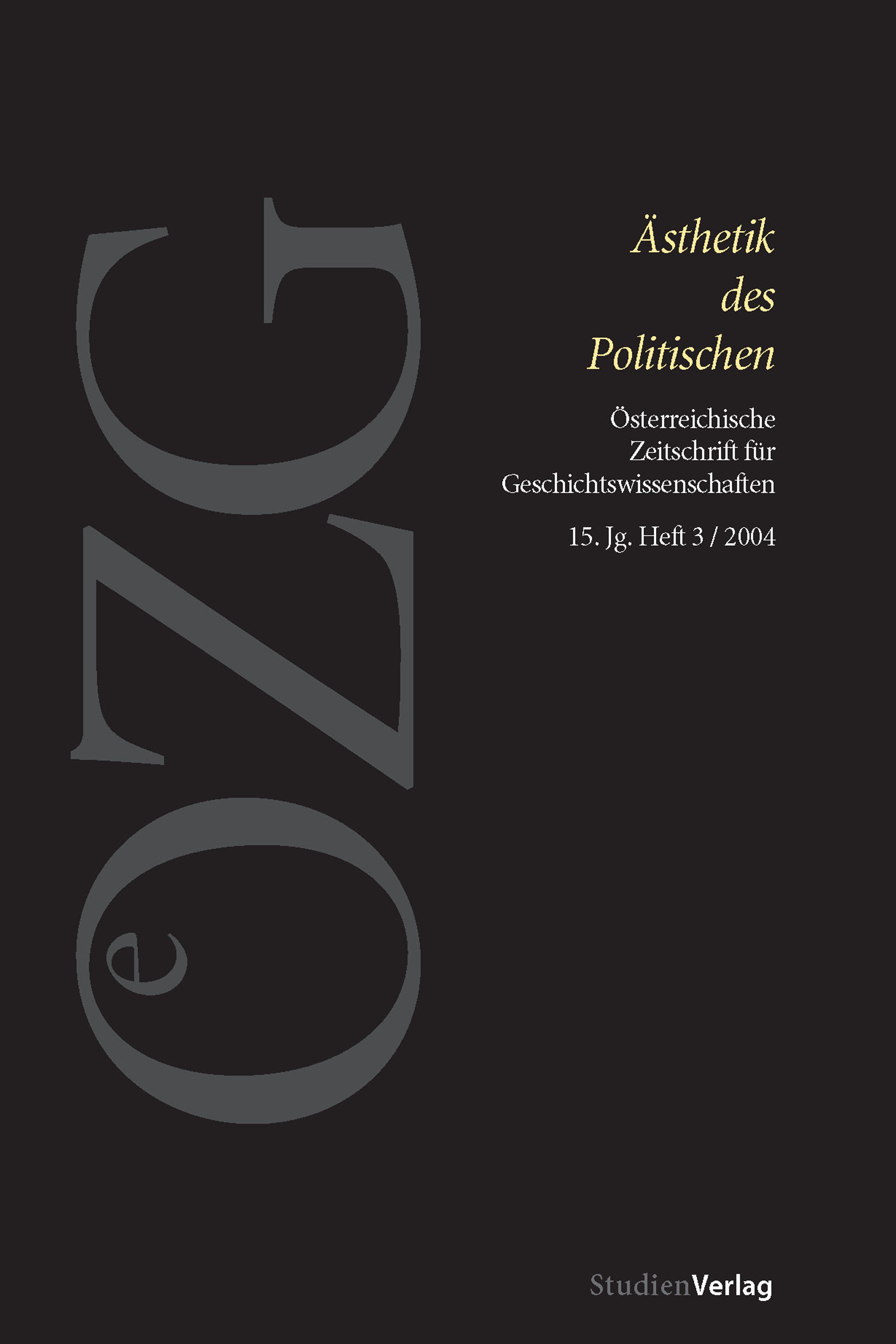Aesthetic Judgment and the Public Sphere in the Thought of Hannah Arendt
DOI:
https://doi.org/10.25365/oezg-2004-15-3-5Abstract
This essay is on the conception of political space as a space of singular events, rhetorical speech and plurality. It shows that Arendt’s deep suspicion of a cognitively-based practice of political judgment is not based on a naïve concept of logical reasoning. Her point is not to exclude so-called rational discourse or knowledge claims from the practice of aesthetic or political judgment – as if something or someone could stop us from making arguments in public contexts – but to press us to think about what we are doing when we reduce the practice of politics or judgment to the contest of better arguments. She disputes not the idea of argument as such but rather the assumption (central to Habermas’ discourse ethics) that agreement in procedures for making arguments ought to produce agreement in conclusions, hence agreement in the political realm can be reached in the manner of giving proofs.


